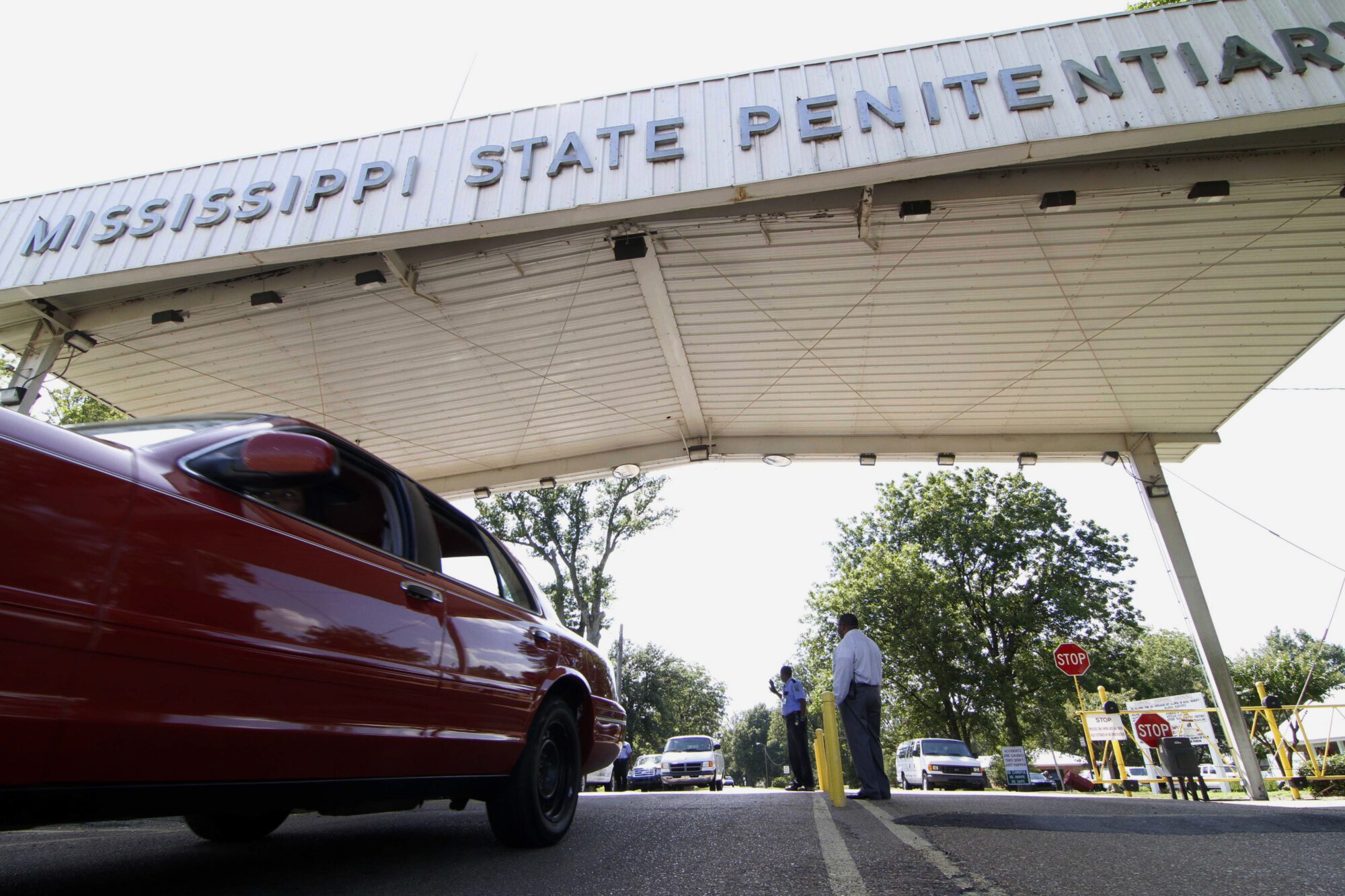Money, power, politics and the law: Dickie Scruggs, Lightning rod
Author Michael Orey in the 1999 book Assuming the Risk : The Mavericks, the Lawyers, and the Whistle-Blowers Who Beat Big Tobacco (Little, Brown and Co.) suggested that even the contingency fee contract that gave Scruggs access to the tobacco case was the result of Scruggs’ strategy:
“He hired Pete Johnson, a former state auditor and Republican gubernatorial candidate in Mississippi, to persuade state legislators to slip a minor wording change into a bill; the change authorized the attorney general to hire counsel for a contingent fee.
“Johnson had to do this without alerting the lawmakers to the contemplated Medicaid suit, since Scruggs feared that would trigger an effort by conservatives to kill it even before it got started. ‘Under the cover of darkness,’ Johnson notes, he ‘came up with two paragraphs embedded deeply in a long document’ — a bill already in conference committee – and the change was made with hardly anybody knowing what they had done.
“Scruggs didn’t inform Moore about much of his backroom politicking. In the end, though, Moore decided that it was still too politically risky to hire outside counsel on a contingent fee basis.
“Instead, he agreed that if the Medicaid team won – and only if they won – he would join them in asking the court to order the cigarette makers to pay the team’s attorneys’ fees. As with a contingent fee arrangement, if the state lost its case, the lawyers would get nothing,” Orey wrote.
Not only was Johnson running interference in the Legislature for Scruggs, Orey claimed in the book, but he wrote that Scruggs told him he procured other help:
“‘There were (some) people, who had political connections, that I’m not even at liberty to tell you who they are, that had to be touched, that had to be talked to, that had to be given a stake in (the litigation),’ Scruggs says. He retained two or three of these mystery consultants to run political interference.
“‘These guys have lots of friends and connections with the Legislature,’ (Scruggs) explains. ‘These are people who are lobbyists, but they’re not really registered lobbyists. It’s really sort of the dark side of the force.’
“Over the course of the litigation, Scruggs says, he paid these individuals well over $500,000,” Orey wrote.
Clarion Ledger
12/9/7







